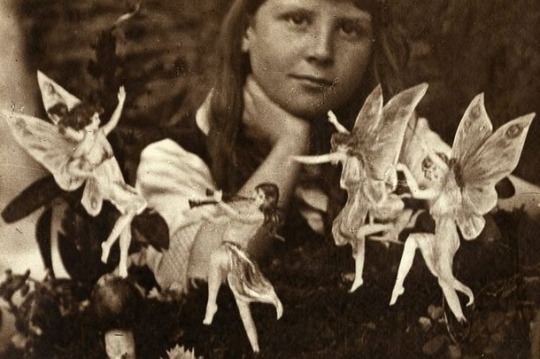Houdini & Doyle
I’ve not watched this TV show yet, although I expect I will at
some point. But I have seen a few
reviews, including one that had this to say:
‘Where to now for the
randomly name-dropping detective drama plucked from history? Do Disraeli and
Darwin have a future as mid-Victorian buddy cops? Shackleton and Pankhurst has
a ring to it.’
The person who wrote that review for The Telegraph
apparently unaware that Houdini and Doyle actually were friends in real
life. I obviously can’t say much about
what the rest of the show is like, but at least the writers didn’t just pin
famous historical faces to a wheel and spin it.
We’re often told that you can learn about a writer through
their work. Arthur Conan Doyle proves
otherwise. His most famous character,
Sherlock Holmes, is the epitome of someone who’s perfectly logical and
rational. Doyle was far from it. He was a prominent spiritualist and became
involved in the Cottingley Fairies hoax of 1917, convinced that these were real
and not just cut-outs from a children’s book:

I suppose it was just that after the horror and tragedy of
The First World War, Doyle and many others just desperately wanted to believe
there was another, better world out there
and were prepared to accept anything as proof
.
And when he first saw Harry Houdini perform his act, Doyle was convinced
that the man had actual magic powers.
Houdini of course tried to convince him otherwise and tell him that what
he did were tricks, but Doyle would have none of it.
He convinced Houdini to go with him to a number of séances and
see spiritualists and mediums in action.
But, because Houdini was a magician he quickly saw through all the
tricks they were using. But although he
and Doyle argued about it, Houdini kept humouring his friend and going along to
all these events.
They had met in 1920.
And incident in 1922 however was what really started to open a rift in
their friendship, when on his American tour Doyle invited Houdini to a séance with
Doyle’s wife, Lady Jean who happened to be a medium and at the séance claimed
she would channel the spirit of Houdini’s dead mother.
Jean began automatic writing, alleging the magician’s mother
was taking control of her hand. She
began by drawing a cross at the top of the paper, and then to write messages in
perfect English – ‘Oh my darling, thank God, thank God, at last I’m through.
I’ve tried, oh so often – now I am happy.’
Unfortunately, Houdini’s mother had been a Hungarian immigrant who couldn’t
read or write. She was also Jewish.
Well, for Houdini that was going too far. While he didn’t believe that Arthur and Jean
had attempted to deceive him deliberately but rather had fooled themselves all
this was real, he began to attack spiritualism more and more. He devoted the few years left of his life to
debunking claims of psychic powers and mediums, ending his friendship with
Doyle.
However, after his death Houdini’s wife, Bess, did gift a
number of her husband’s books on spirituality to Doyle, still believing him to
have been one of the best friend’s Harry ever had. She also continued attending séances, since
she and Harry had arranged a code word so if he ever showed up at them she would
know it was him. He never did.

Leave a Reply